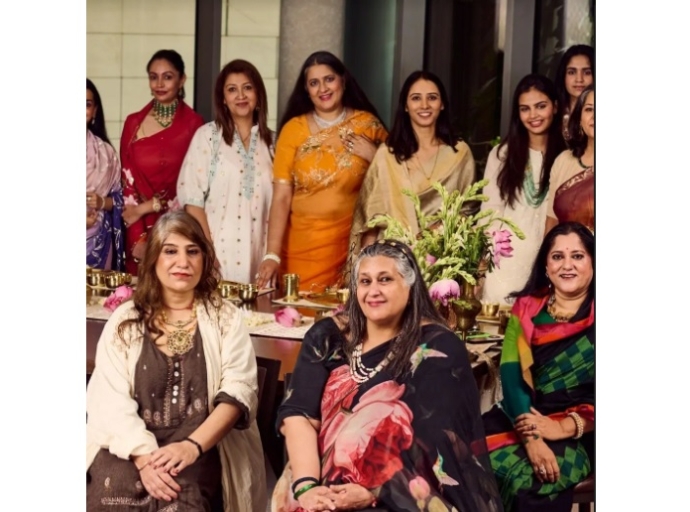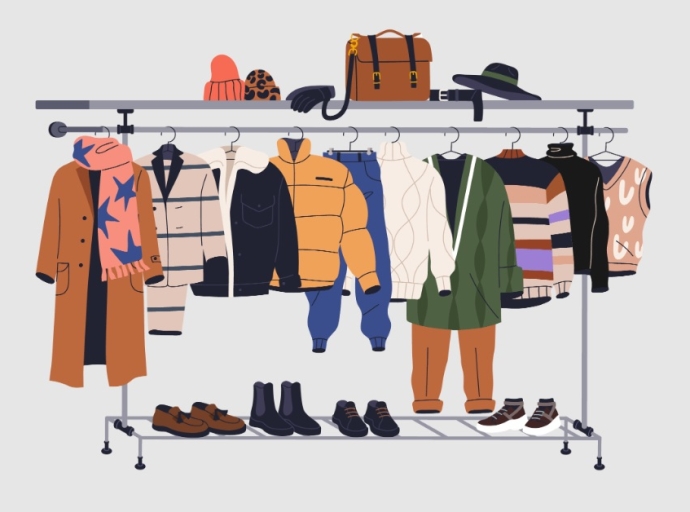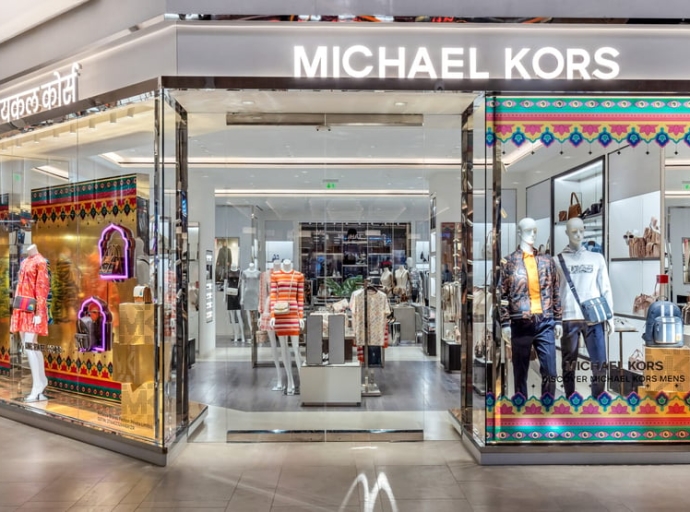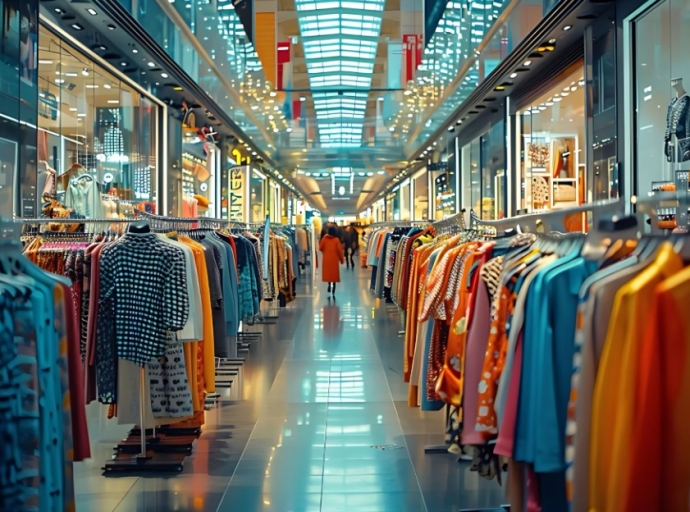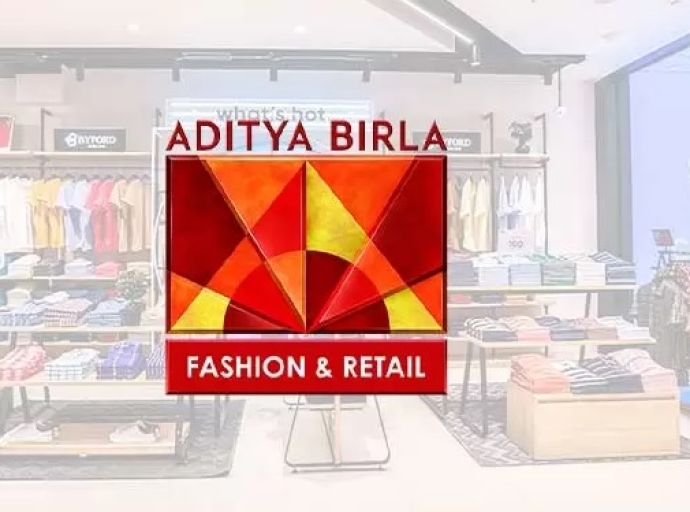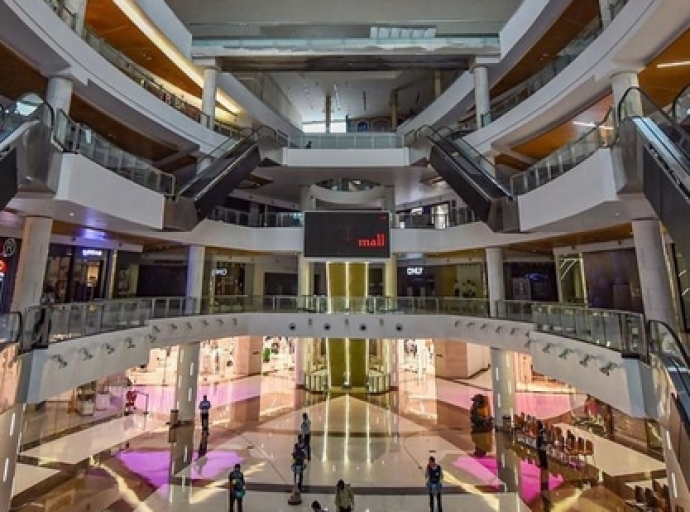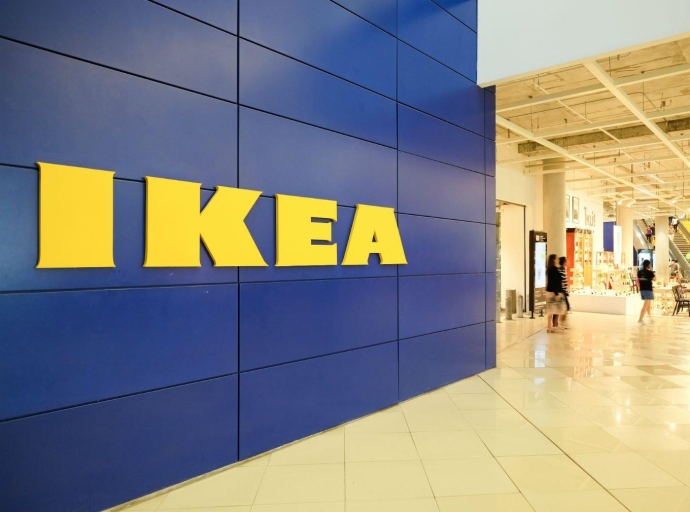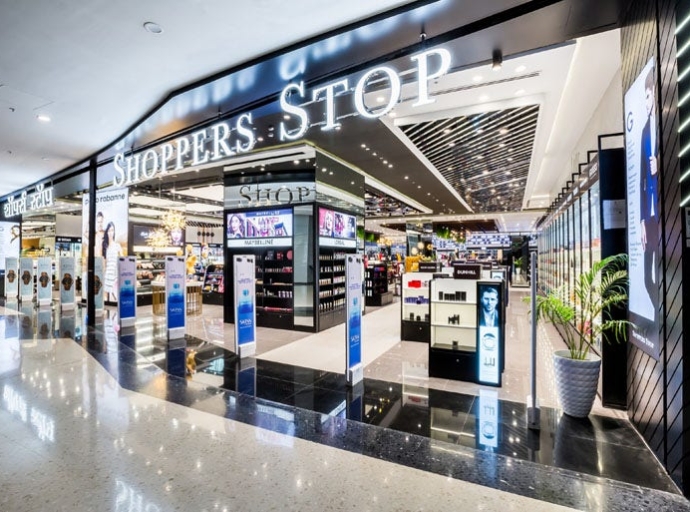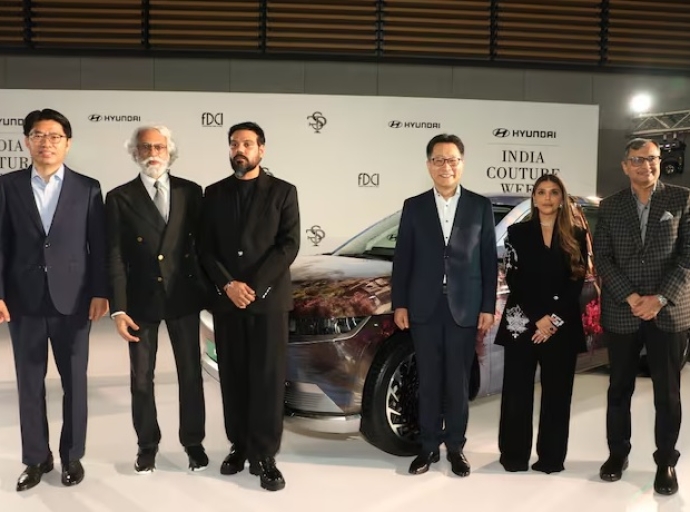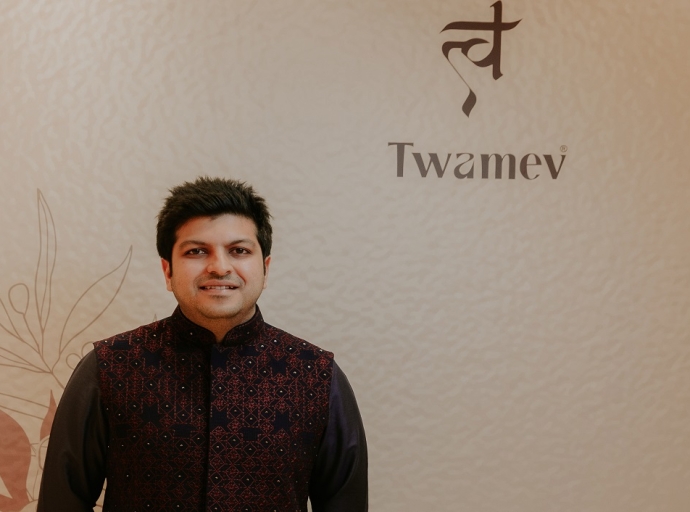11 July 2024, Mumbai
The Indian retail landscape is undergoing a metamorphosis, driven by evolving consumer preferences and a tech-savvy generation. A recent report by Cushman & Wakefield, a leading global real estate services firm suggest a transformation in Indian retail space leasing. While the sector witnessed robust leasing activity in Q1 2024, surpassing 20 million sq. ft. (MSF) for the third time since the pandemic, the nature of demand is evolving.
The rise of experience
Gone are the days of simple brick-and-mortar transactions. Consumers are seeking experiences that complement their purchases. "Retail environments are on the brink of transformation," says the report, highlighting the growing importance of experiential retail. This means a focus on in-store events, interactive displays, and a seamless online-offline integration.
For example, Mumbai's Jio World Drive, a sprawling retail complex boasting of entertainment zones, open-air plazas, and interactive experiences alongside traditional stores. This experiential approach is attracting a new wave of shoppers, particularly millennials and Gen Z.
Malls vs high streets, a tale of two realities
The report suggests a bifurcation in the fortunes of malls and high streets. While high streets, particularly in Tier II, III cities, are witnessing a revival due to their convenience and affordability, traditional malls in metros are facing challenges. "Malls need to reinvent themselves," says a senior analyst at Cushman & Wakefield India,. Successful malls will be those that adapt to the new normal, offering a curated mix of stores, F&B options, and entertainment facilities. "We're seeing a rise in concept stores and experience-driven retail on high streets," says Shweta Devine, Director of Retail Services at Cushman & Wakefield India. "Consumers are looking for experiential shopping, and high streets offer a more dynamic environment for that."
Tier II, III cities take center stage
The report highlights the growing prominence of Tier II, III cities in retail space leasing. "Tier II and III cities offer immense potential due to their rising disposable incomes and increasing urbanization," says the report. This trend is attracting both domestic and international brands, who see these cities as the next growth frontier.
While Bengaluru continues to be the leader in terms of leasing activity, cities like Hyderabad and Pune are witnessing a surge in demand. "Tier II and III cities offer a larger pool of untapped customers and potentially lower operational costs," explains Devine. "Retailers are recognizing this potential and expanding their footprints."
The future of retail
Looking ahead, the report predicts a short to mid-term future marked by a rise in ‘phygital’ retail experiences - a seamless blend of online and physical shopping. "Retailers are likely to adopt an omnichannel approach, leveraging both online and physical stores to create a cohesive customer journey," says Devine. Long-term, the report anticipates a continued rise of experience-driven retail and a growing focus on sustainability in store design and operations.
Experts predict a multi-format future. "We will see a healthy mix of malls, high streets, and phygital experiences," says retail consultant Aditya Sharma. "Technology will play a key role, with seamless online-offline integration becoming crucial."
The apparel and lifestyle segment is expected to be a key driver of growth in retail leasing. "Fashion brands are constantly innovating and seeking new ways to engage with customers," says Devine. "This will lead to a demand for flexible leasing options and pop-up stores, allowing brands to experiment with different locations and formats."
This trend is already playing out with leading apparel brands like Fabindia. The brand recently opened a new experience store in Delhi, featuring interactive displays and workshops alongside its clothing line. "Our new store is designed to be more than just a place to shop," says a Fabindia spokesperson. "We want it to be a destination where customers can learn about Indian textiles, meet our artisans, and truly immerse themselves in the Fabindia brand."
Overall, the Cushman & Wakefield report underscores the dynamism of the Indian retail sector. By embracing experience, innovation, and a focus on Tier II and III cities, retailers can seize the immense potential of the Indian market.
Latest Fashion news


